Vacuums have their limitations, and using them to clean certain things can unknowingly cause damage and reduce their lifespan. Here is a list of items you should avoid vacuuming to prevent any potential harm to your machine:
1 Water or Wet Substances
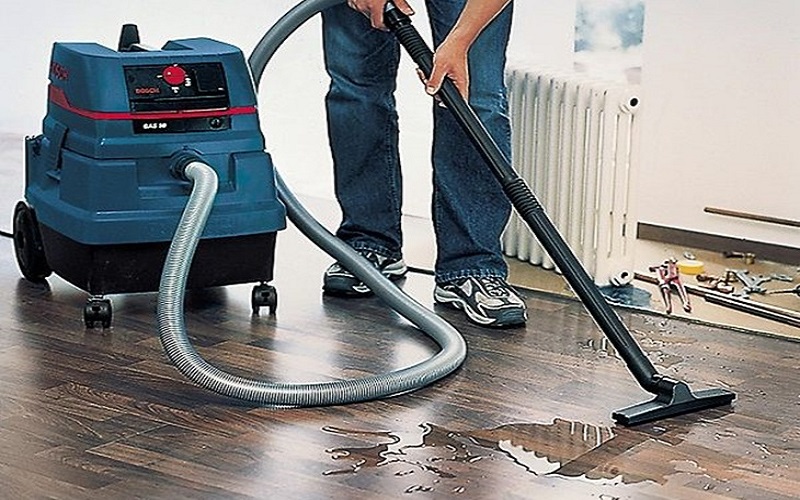
Topping the list are water and wet substances, which are a no-go for most electronic devices. Some households may not pay attention to this and use their vacuum cleaners on wet floors or carpets, which can be hazardous and potentially dangerous.
Sucking up water or wet substances, such as a damp floor, can cause electrical malfunctions in the vacuum, leading to electrical disturbances, shocks, or even explosions, depending on the amount of water or moisture it intakes.
Using a vacuum in such a way poses a risk to your safety and can be costly if you need to purchase a new one. So, it’s best to stick to vacuuming solid objects and dry surfaces only.
However, if your vacuum cleaner is specifically designed to handle moisture or water, as indicated by the manufacturer, then you can use it accordingly, following instructions such as attaching a water suction head.
2 Broken Glass
 Broken Glass
Broken Glass
Accidentally breaking a glass can be a messy affair, and it’s natural to want to use your vacuum to clean up the tiny shards. However, this is one of the things that can damage your vacuum cleaner, so it’s best to avoid it.
Just as stepping on broken glass can hurt you, vacuuming these sharp pieces can harm your machine. Smaller shards can clog the vacuum’s core, while larger, sharper pieces can tear the filter bag. Over time, the accumulated glass dust can also reduce the lifespan of your vacuum.
3 Human Hair or Pet Fur
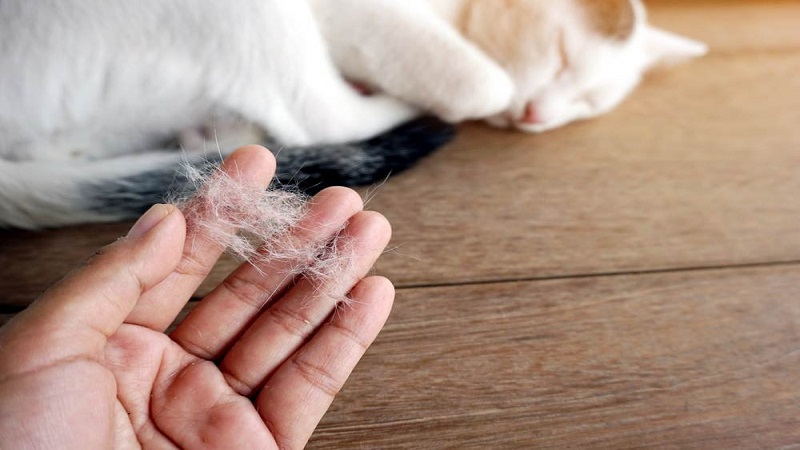 Human Hair or Pet Fur
Human Hair or Pet Fur
Items like human hair and pet fur can clog the dust container and block the vacuum’s filter, reducing its suction power.
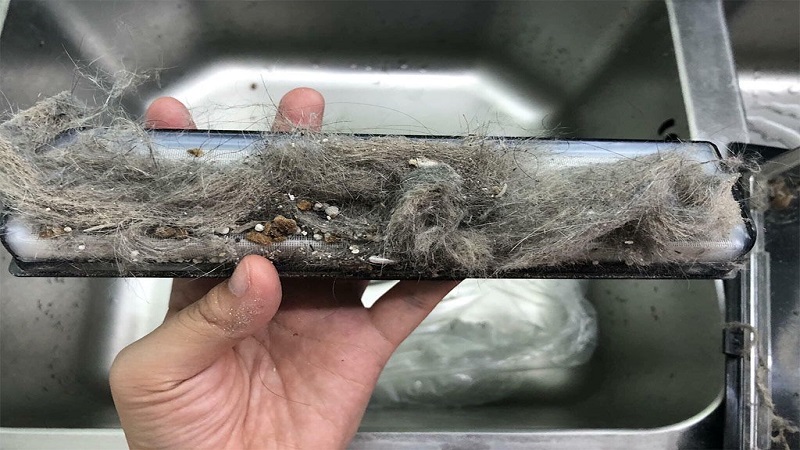 Excessive pet fur and human hair can cause the machine to overheat and malfunction
Excessive pet fur and human hair can cause the machine to overheat and malfunction
When excessive amounts of fur or hair accumulate, they can cause the vacuum to overheat and malfunction. Some vacuums have integrated rotating brushes that can help wrap up hair and fur, allowing for easier removal from the machine.
4 Cosmetics and Makeup Powder
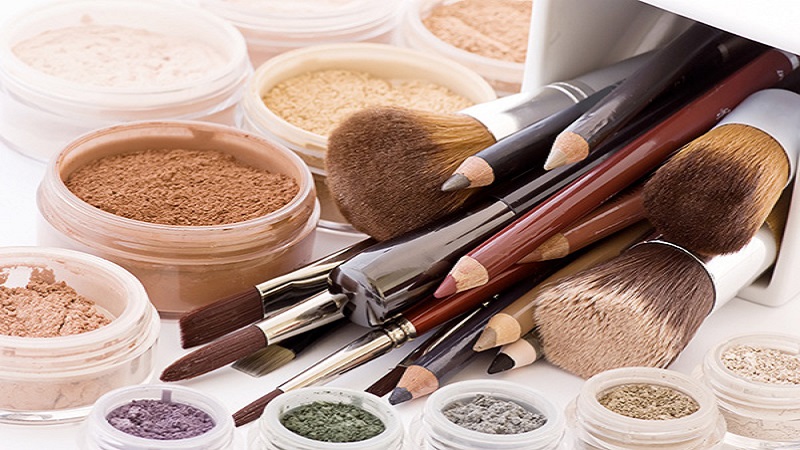 Cosmetics and Makeup Powder
Cosmetics and Makeup Powder
Cosmetics and makeup products may seem harmless, but they can be just as damaging to electronics as liquids like water.
Powder-based cosmetics and makeup often contain oils or fatty substances. When vacuumed, these powders can melt due to the heat generated by the machine. This can lead to clogs in the filter if a significant amount of powder is sucked up, resulting in costly repairs or the need to purchase a new vacuum.
5 Dirt and Dry Leaves
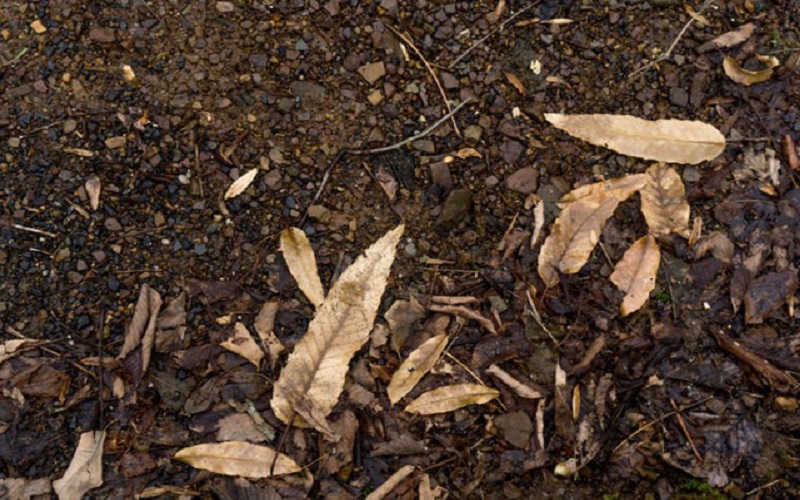 Dirt and Dry Leaves
Dirt and Dry Leaves
While it may be tempting to use your vacuum to clean up dirt or dry leaves that have been blown inside, doing so can cause issues.
Dirt and dry leaves, as well as flower petals, can clog the vacuum’s hose or dust filter. If left inside the machine for an extended period, they can cause moisture buildup and damage other components.
6 Paper Debris
 Paper Debris
Paper Debris
Paper debris, especially from crafting or cutting activities, can be a nuisance on the floor. While it may seem convenient to use your vacuum to clean it up, it can pose a different set of problems.
When paper debris is sucked into the vacuum, it can get stuck in the filter bag, hose, or other internal components. As the vacuum operates at full power, the engine generates heat, and the paper debris can catch fire, causing blockages and damage to the machine. So, it’s best to stick to a broom for safety.
7 Coffee Grounds, Cacao, and Powders
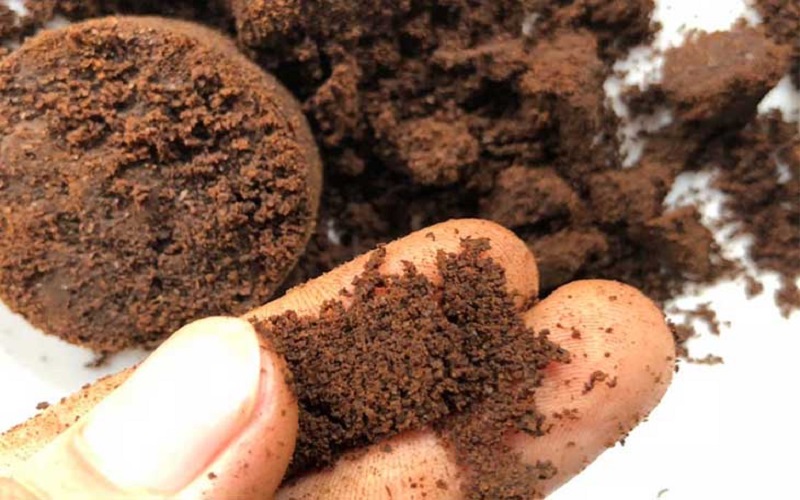 Coffee Grounds, Cacao, and Powders
Coffee Grounds, Cacao, and Powders
Similar to dirt, coffee grounds, cacao, and powders have moisture-absorbing properties. If you spill coffee grounds or powder on the floor, it’s best to use a broom instead of your vacuum.
These substances can stick to the vacuum’s hose when they come into contact with moisture, making it challenging to clean and causing blockages. This will reduce the vacuum’s suction power and lifespan.
The items mentioned above should be avoided when using your vacuum cleaner to prevent any damage and ensure its longevity. Taking care of your vacuum will save you money and provide a better cleaning experience.

































